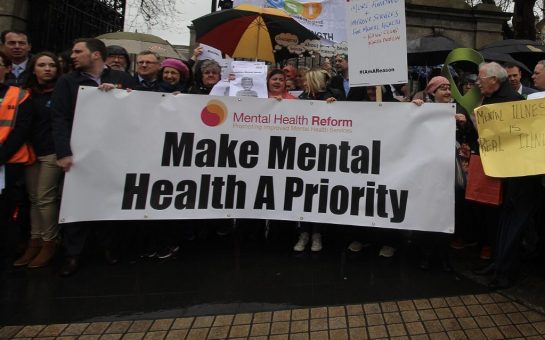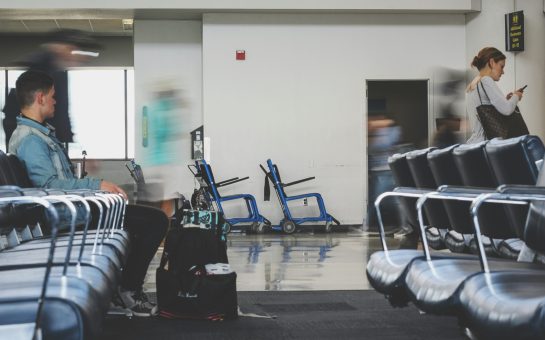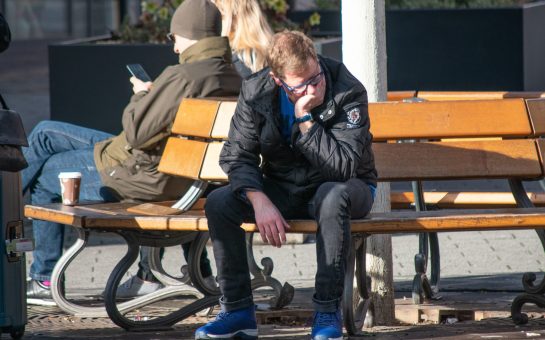A recent study has found that government and NHS messaging around COVID-19 testing left many people from Black, Asian and minority backgrounds feeling abandoned and blamed for COVID’s spread.
The 2020 Kingston University study stated that many from ethnically diverse backgrounds felt the media narrative portrayed race as the risk factor, rather than the systemic social and economic disparity that affected people’s healthcare access.
Many from ethnic minority backgrounds also felt as though the government testing system wasn’t an effective way of protecting their community, and that government messaging failed to empathise with their struggles and experiences.
Project lead, and Professor of Health Psychology, Tushna Vandrevala said: “The guidance didn’t identify with their struggles as a migrant or someone from an ethnic community.
“Covid-19 was one of many struggles they have had to endure, alongside the economic pressures and having to previously flee from civil war.
“The prevailing narrative was that no-one was getting Covid-19 except them, and this left them feeling isolated from society.
“This narrative adopted by the media made them feel blamed and responsible for the spread of the virus.
“This study highlights the damage that can be done by consistently highlighting race as a risk factor, rather than consider issues of socio-economic deprivation.”
Professor Vandrevala stated that there was a reluctance to access help or testing through the NHS, as people from ethnic minority communities were sceptical that they would receive the same care and attention as others.
The study also illustrated that the lack of financial support led some people to disengage from NHS testing programmes, as many people lacked the financial ability to self-isolate for extended periods of time without working.
The report served to demonstrate the historical mistrust that is experienced between organisations responsible for a duty of public care, who can’t fulfil their obligation in-full to ethnic minority communities.
Vandrevala added that many from minority and especially migrant backgrounds had to prioritise supporting their family, as they did not have the economic means to self-isolate.
Photo credit: Polina Tankilevitch via Pexels




